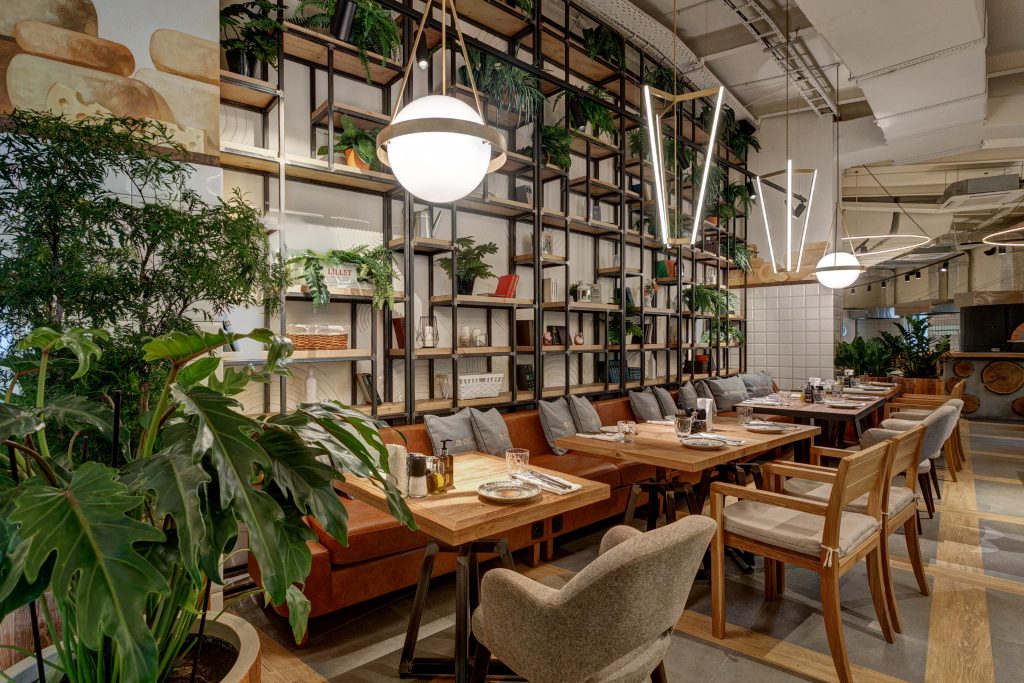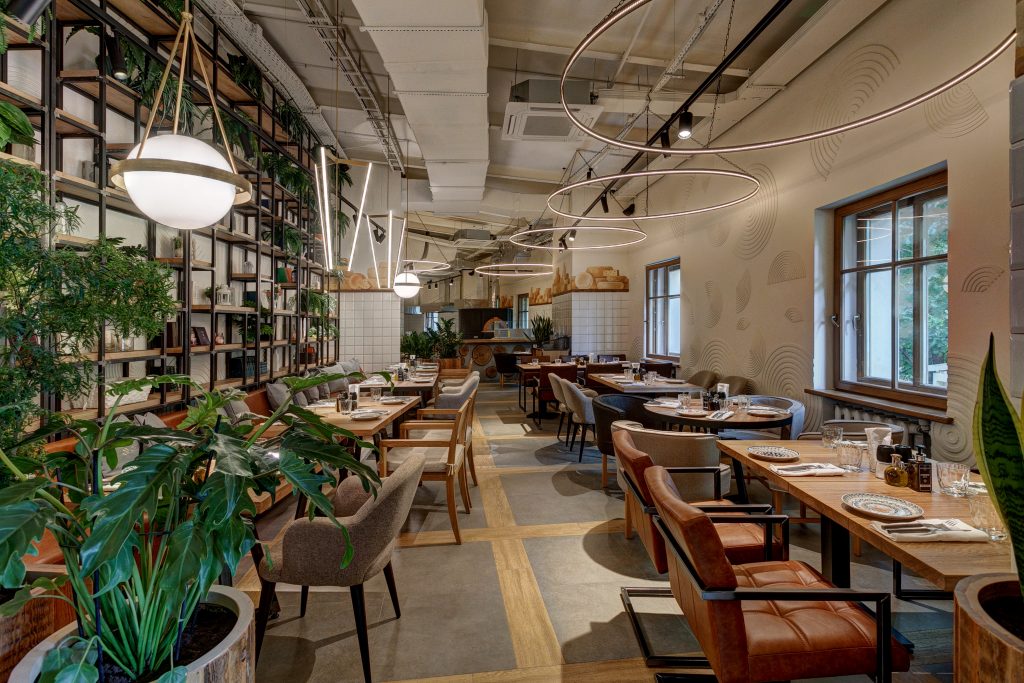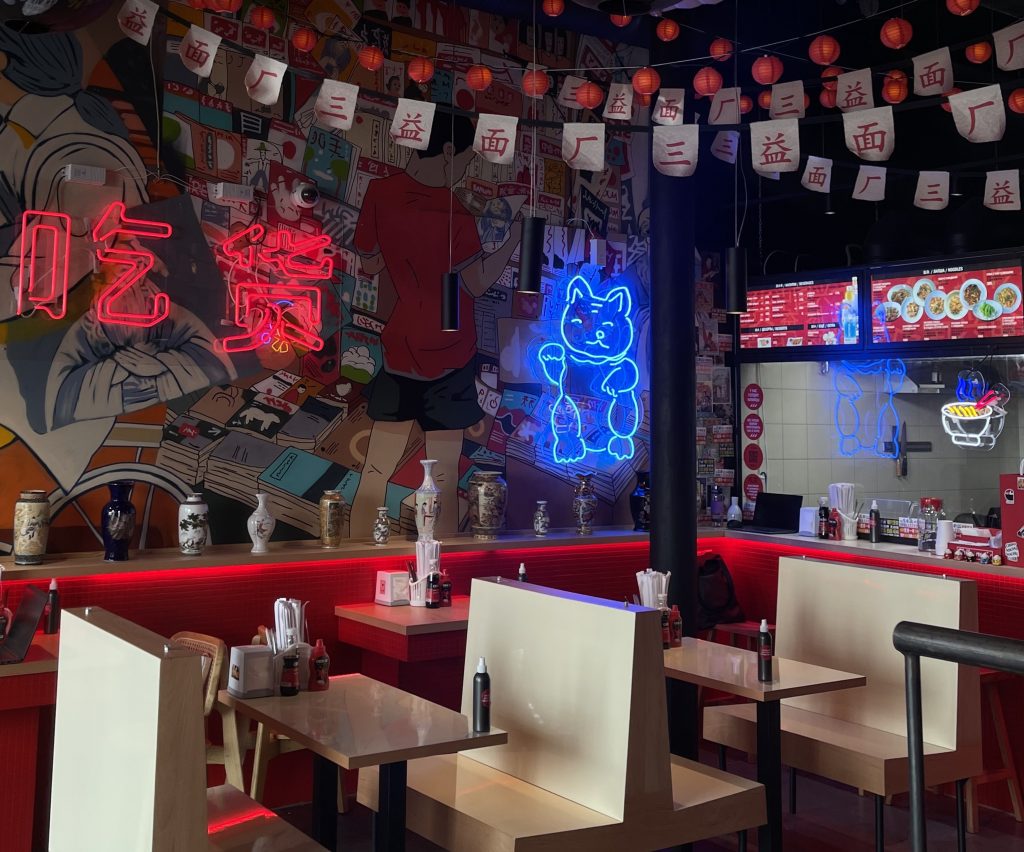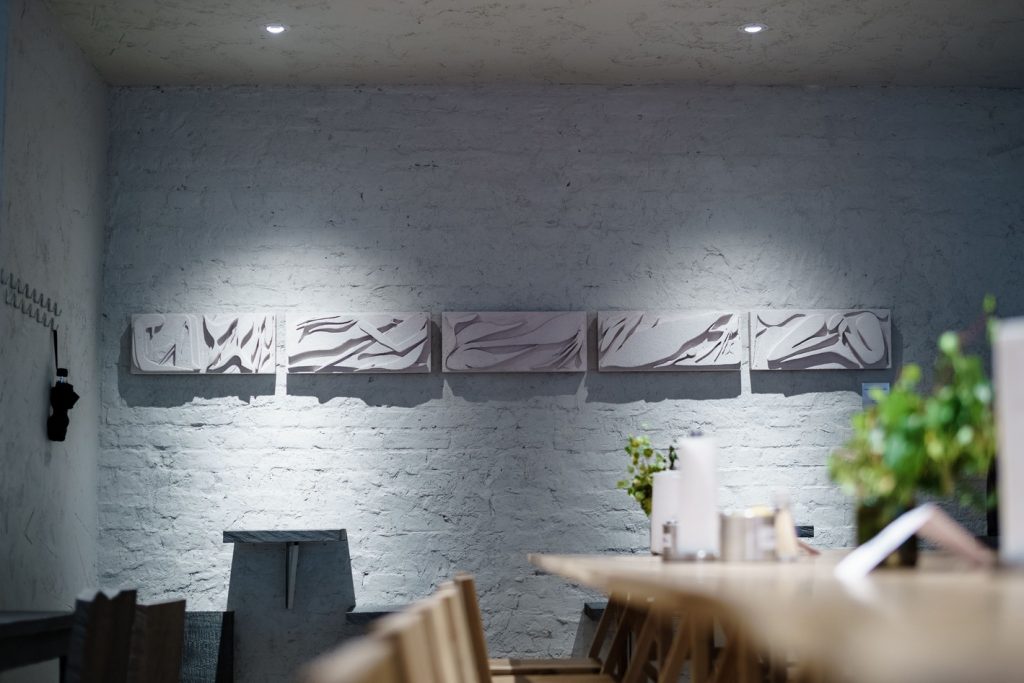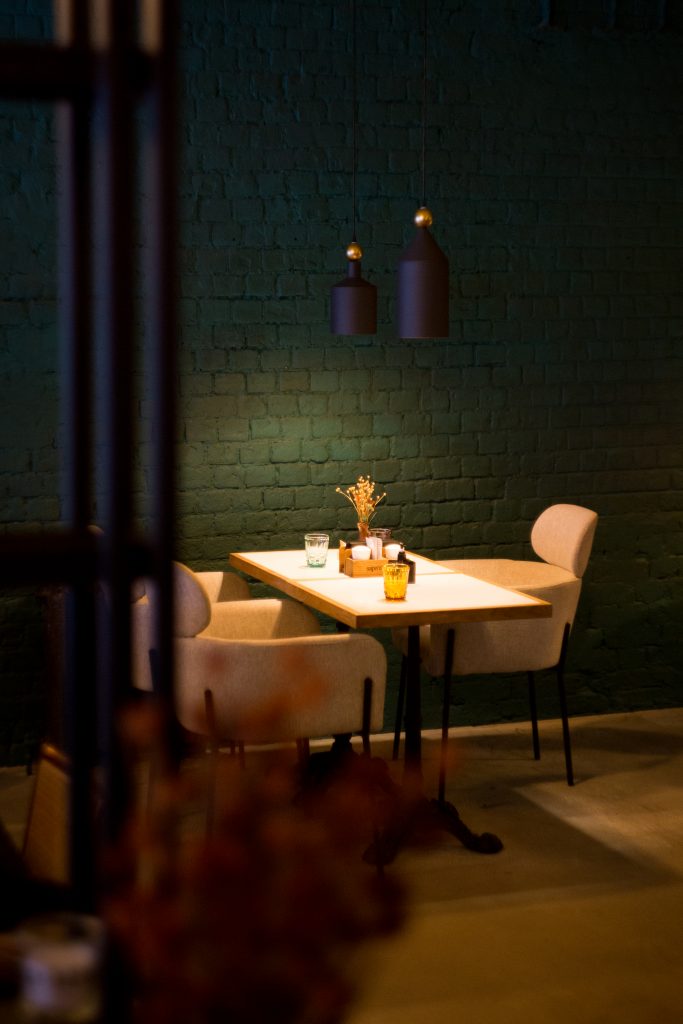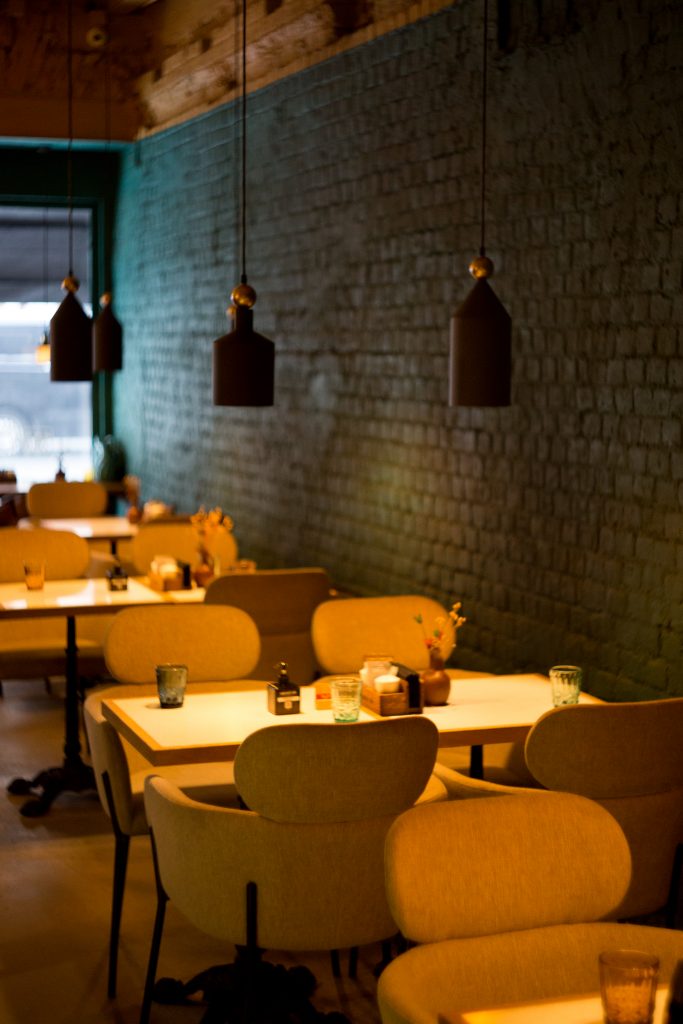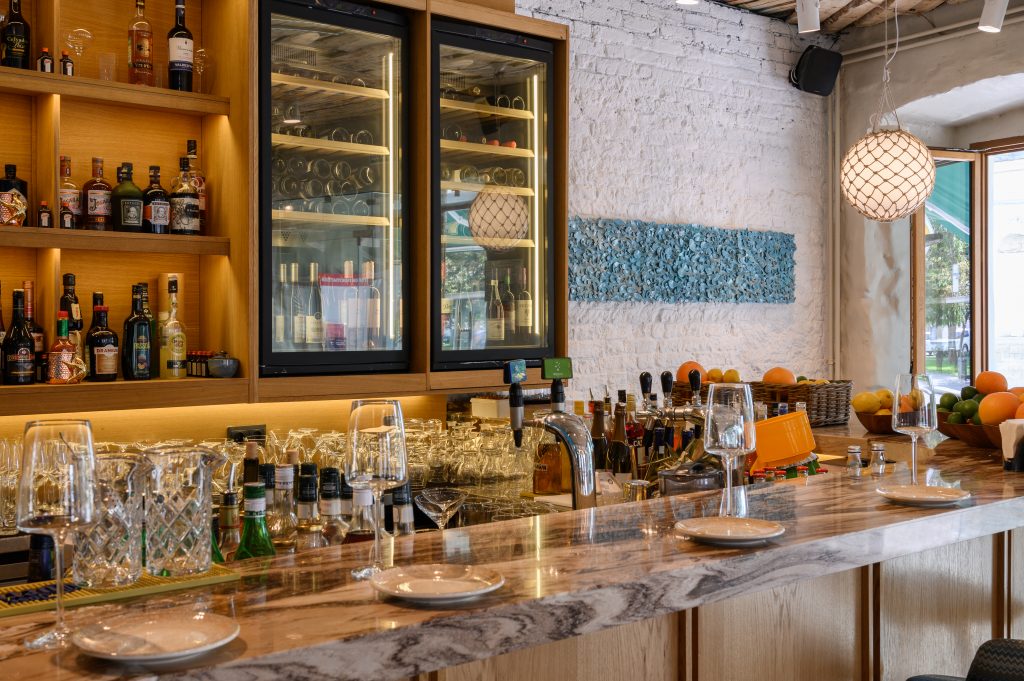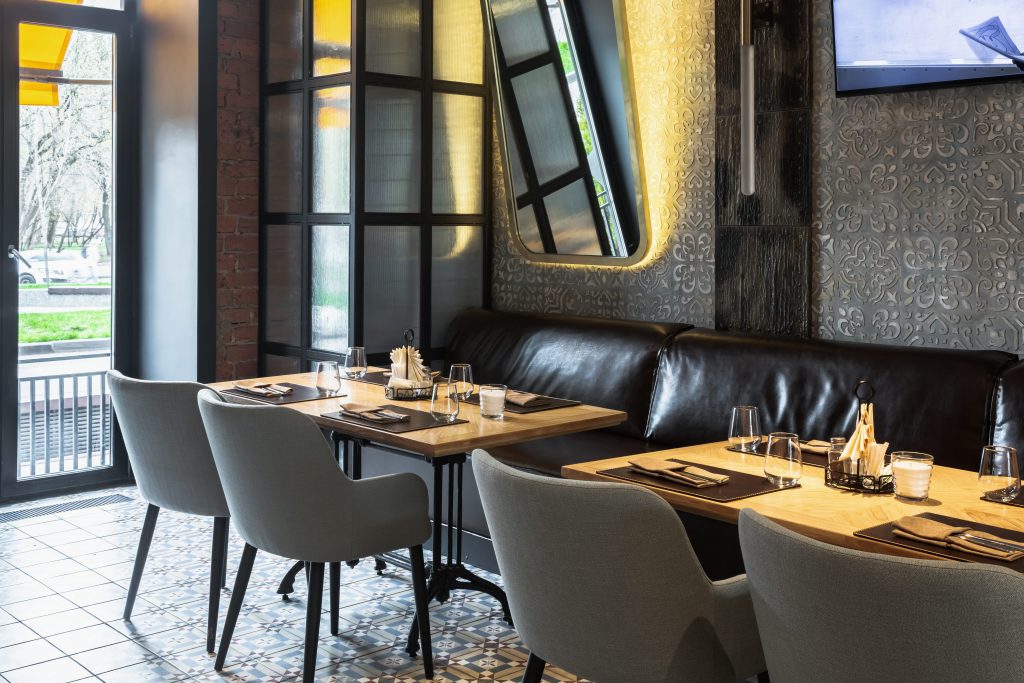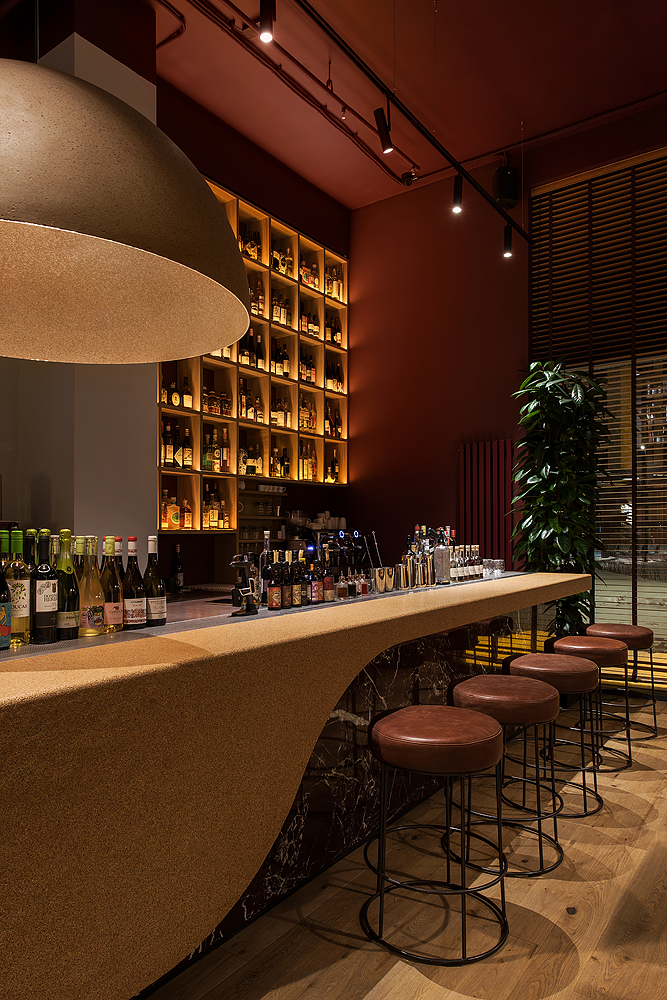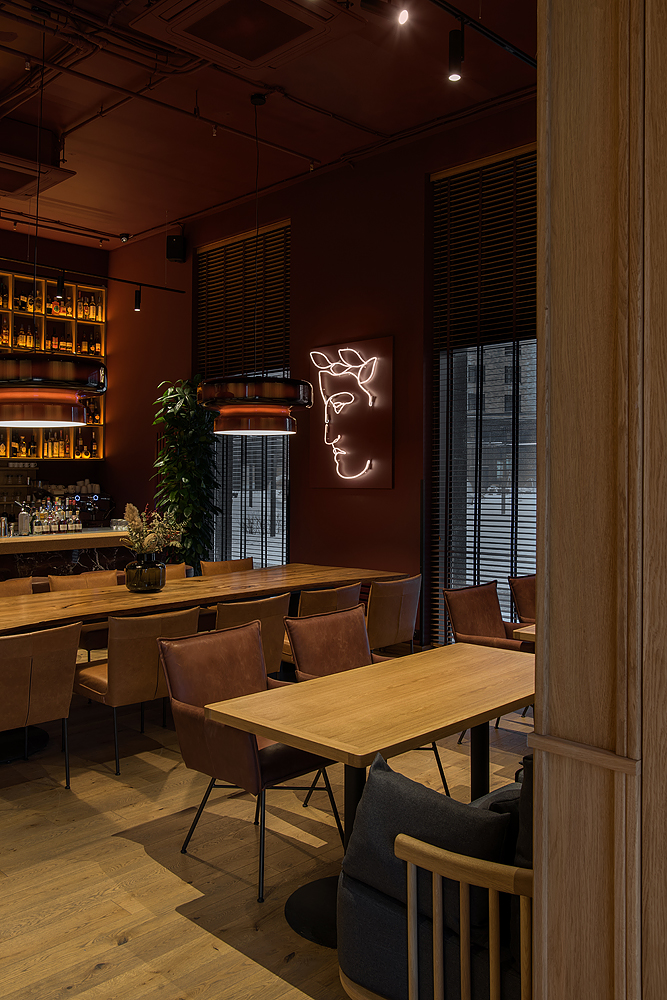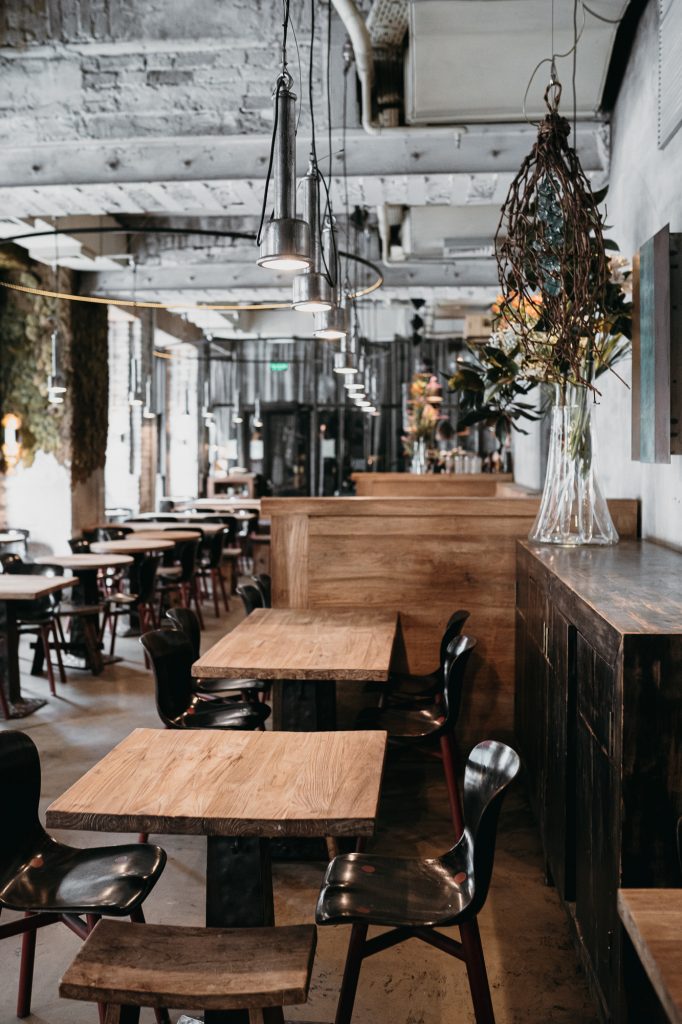The life of the restaurants was divided into two, before and after September 21, when partial mobilization was announced in the country. The number of visitors and with it the income of institutions at various levels began to decline. But this crisis is far from the first in three years, and restaurant owners already know how to deal with it. The Fashion Vibes understood the situation and learned from market participants what happened and how they reacted to this difficult situation.
With the start of the business season in September, restaurants began to fill with visitors returning from vacation, after which a partial mobilization was announced. Restaurants are very dependent on external events and moods, and they immediately began to sound the alarm: halls began to empty, revenues fell. “From mid-September until the mobilization, there was a good flow of guests and it seems that autumn is gaining its usual momentum in the restaurant industry, but after the announcement of the partial mobilization, the restaurant world froze like any other. staff took agendas, some left,” says Kirill Levin, the ideological inspirer and investor of the Joon project. “The restaurant business is very sensitive to all external conditions and does not depend on the pricing policy, location or concept of this restaurant. After September 21, everyone felt a sharp outflow of guests, entertainment events began to be canceled, ”says Anna Shvyndikova, co-founder and marketing director of the KULT restaurant promotion agency.
dry numbers
All segments, from public catering to fine dining, have sunk, players give different numbers, but everyone has them. According to Genrikh Karpin, the founder of the il FORNO Group holding, if the number of guests, income and average bill in the holding’s restaurants increase compared to the same week in 2021, in the week of September 19-25, from that week from September 26 to October 2, the decline in participation and consumer behavior will increase. Changes.
The development company Zemskiy Group and Moscow, St. According to Vlad Zemsky, founder of the Eat Market chain of food halls in St. Petersburg and Irkutsk, the situation has worsened since last Monday, with a revenue drop of about 10 percent for all objects. 15%. Anna Biryukova, general manager of Septa wine bar, states that after the recovery in traffic that started in the first half of September, there was a decrease in the number of visitors and a 25% decrease in the average check. “The revenue for the week after the partial mobilization was announced decreased by 23% compared to the previous week and by 18.5% compared to last year,” Anna says. In restaurants on the “Seagull” and “Lastochka” waters, guest attendance decreased by 20%. At Fish Kultura on Novy Arbat, the drop was 15%, but at the spot on Pokrovka it was 30%.
According to Anna Akulich, founder and co-owner of the Okhotka restaurants and Chikho chain, the democratic segment is currently showing fewer guest exits than fine restaurants and urban formats. Now we can talk about a 15% decrease in income on average. According to Anna Shvyndikova, restaurants with children’s concepts and banquet-themed feel the most painful, people take deposits for pre-arranged events.
shock and exit
The main reasons are clear: shock and stress, as well as the general exodus of people from the city and the country. “I think this is due to the outflow of the solvent population from the city,” says Vlad Zemsky. – The average check has not decreased, because the salaries and incomes of the population have not decreased, no one is saving. But the number of checks (i.e. the number of guests) decreased because some of the solvent population left. However, without any deterioration dynamics, revenue fell 10-15% and remained at this level. Over the next few weeks, more dynamics will become clear.” “There are fewer and fewer guests. Khatuna Kolbaya, owner of Saperavi Cafe, SoS.Cafe and Wai Me, says people are just afraid to spend money because there is no certainty, let alone tomorrow, whether the day will end or not. not sure, she says! – Last week, the guests dominated among women, peaked sales of spirits. The average check is declining. ”
staff disappear
But there is another problem for the market – this is the mobilization and departure of personnel outside of Russia. “Traditionally, it’s important to understand that men up to 45 years of age, the most enlisting age, work in restaurants. 90% of chefs are male. Almost 100% of the couriers are men,” says Yana Yungina, managing partner of the Menza and Jan Primus chains. – Yes, they did not summon anyone in our business, but they brought them to relatives and friends. Some of our employees from Russia and Kyrgyzstan (with Russian passports) left this week, but it’s not more than 5% of this team. It’s a bit calmer now in the collectives of our restaurants, which is of course because we have a lot of students getting suspended.” Head of Fish Culture restaurants, Anatoly Derenchuk, says that some employees of the restaurant in Pokrovka were sent agendas, so now they have to change the work schedule.
Restaurants lose not only staff, but managers and chefs as well – and all for the same reasons: someone takes action and someone leaves.
What are the consequences?
Some organizations, especially small and new ones, were on the verge of survival. More than a dozen places need support, including Gigi, 2046, kiosk 1936, Mentality, Scirocco, as Alexander Sysoev wrote on the SysoevFM Telegram channel a few days after the mobilization was announced. Some of them even closed completely – during September (not just because of mobilization), the list turned out to be quite impressive: Israeli bistro and Taim bakery, Italian bistro Giulietta please stop crying, Rappoport Rossini’s Italian restaurant, French bistro Café de Paris and Russian “Zhar – bird”, Take It Easy in Sretenka and Salumeria in Patriky. Closest indoor places include Rex bar, Wine Squat, and Zhemchuga confectionery at DEPO.
However, representatives of the restaurant industry, which has been in crisis for the last three years, hope for the best and expect the panic to subside and the situation to improve somewhat in the near future. “The situation is very uncertain now, but I believe it will be possible to make any predictions in the next few weeks when the degree of panic subsides,” says Anna Biryukova.
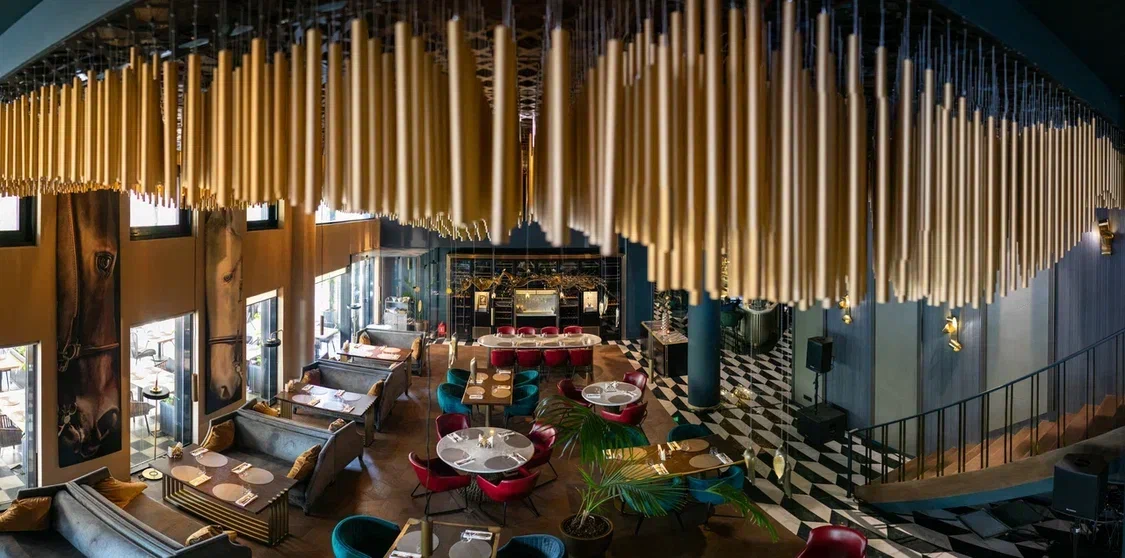
Also, after all the crises of recent turbulent years, it seems difficult to scare a Russian with anything. For example, Natalya Zaitseva, general manager of Mady Restaurant & Terrace and Madison Event Hall, shares the observation: “Guests who have gone through previous crisis events are now divided into two types: the first stopped visiting businesses, planning, something for upcoming dates. The latter continue to live the same life – going to restaurants, going to parties, planning banquets, New Year’s corporate parties. Lunch revenue at Mady has remained the same, evening boarding has decreased by 20-25%, but there are also mini-banquets, business meetings for 20-30 people. Marina Dabrundashvili, commercial director of Yach Event (Chaika and Lastochka restaurants), says that 30% of guests continue to demand conditions for holding a birthday or company party. And, as a rule, in the nearest future: in a week or two. “Just as after the pandemic, people missed live events, emotions, so now many guests prefer not to put their holidays in the background, but to be united and support each other in difficult and joyful times,” said Marina.
restaurant fragility
Finally, the restaurant industry itself is very resilient, and we’ve seen this more than once in the past three difficult years. Teams are migrating to micromanagement, optimizing costs, revising and reducing menus if necessary, “reassembling” the team, carefully monitoring and communicating with guests mood.
And representatives of the restaurant industry manage to remain optimistic in the most difficult conditions. “Our position is that the glass is half full, and I see my immediate leadership role as supporting the team and putting it in positive thinking,” says Anna Akulich. – Despite the tragedy of the content, we choose to look good and continue to implement our plans – now we are consolidating individual restaurants into a conglomerate, while Okhotka itself reassembles the meanings of the concept. For the rest, we will look at the development of events, including the sphere. And stay optimistic. “As a team at il FORNO Group, we are going through more than just the first crisis and we definitely know that we have to stay close in this difficult moment,” says Genrikh Karpin. – We hope for the best and believe we can adapt to what happens in the near future. We are currently focusing on delivery and have launched a new website as we understand that all families will now be home more often and spend time with each other.” “It is our main duty to support each other, be united and be useful in difficult times,” said Anna Shvyndikova.
We believe that restaurants will overcome this time as well. And we wish them strength and good luck!
Source: People Talk
I’m Roger Gritton, and I’ve been writing for the The Fashion Vibes for over 5 years now. My specialty is beauty news; I’m passionate about covering the latest trends, products, and innovations in the industry. In my time there, I’ve become known as an authority on all things beauty-related.
I love discovering new experts to interview, researching up-and-coming ingredients and techniques that are making their way onto our beauty shelves and highlighting people who are making a difference in the world of cosmetics. My work has appeared not only on The Fashion Vibes, but also several other publications including the New York Times Magazine, Allure Magazine and Refinery29.



